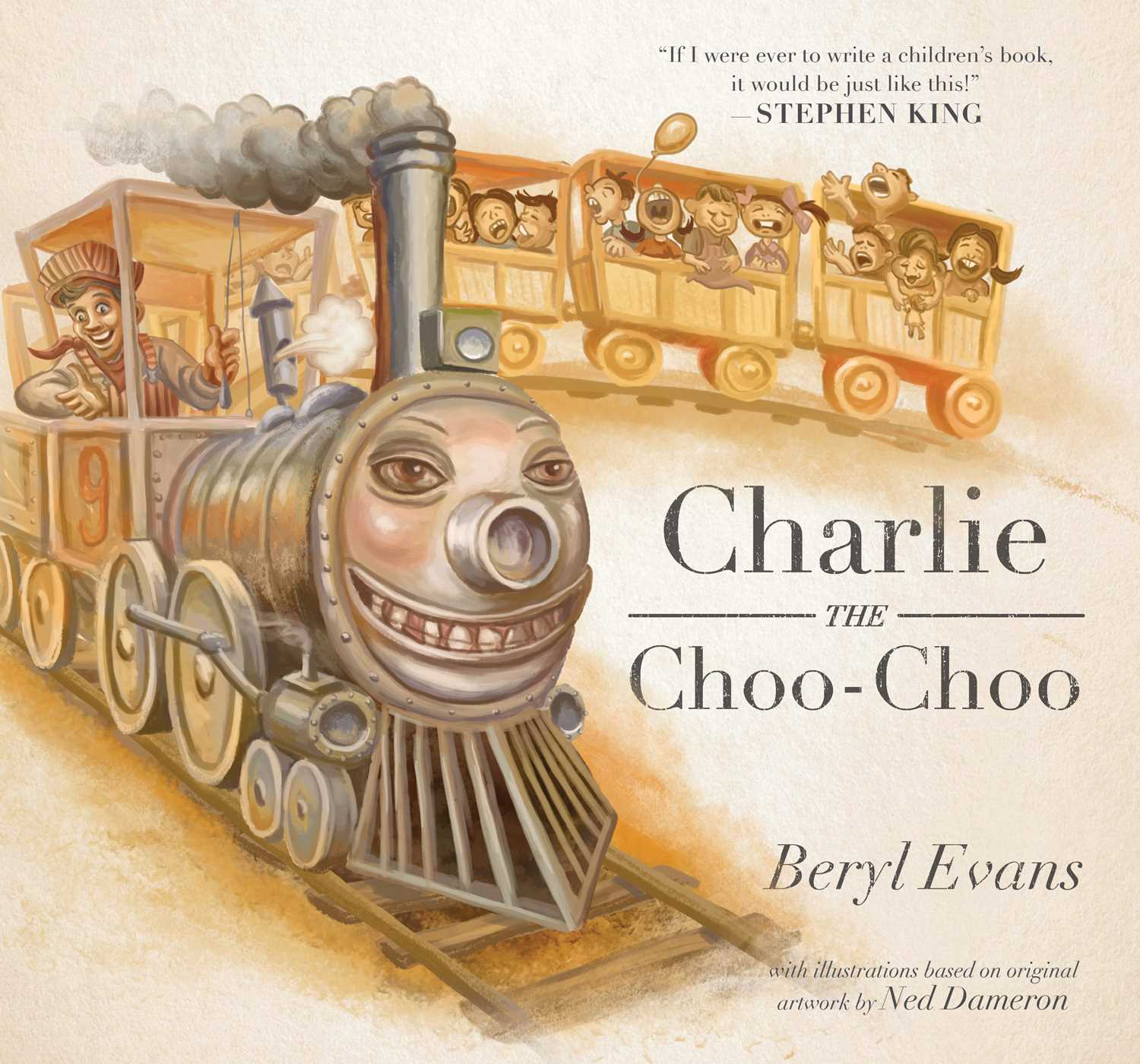The Little Engine that Stirred Up Debate: “Charlie the Choo-Choo”

Samantha Schraub ’20 / Emertainment Monthly Staff Writer
For fans of Stephen King’s The Dark Tower series, the release of Charlie the Choo-Choo served as a marker that the marketing for The Dark Tower film had not yet ceased despite a severe lack in visual promotion. Released in November of 2016 by Simon and Schuster Books for Young Readers, Charlie the Choo-Choo was written under the pseudonym Beryl Evans and was illustrated by Ned Dameron.
Charlie the Choo-Choo is, to some, haughtily being pitched as a children’s book, bringing forward much contemplation in parents who are unsure if they should read it to their kids. The premise is simple: a train named Charlie is discovered by his engineer, Bob, to be alive, the two form a friendship, and then Charlie is replaced by newer and faster trains, leaving Bob distraught until the happy ending. Despite being a key factor in The Dark Tower III: The Waste Lands, and being a work thought up by Stephen King’s twisted mind, overall Charlie the Choo-Choo is definitely a kid-friendly book, so leave all parental worries behind.
Charlie’s sinister smile and disgruntled face do nothing to shed adults of their fears, but this book assuredly has no adult narratives. Charlie may be alive, but he is no Christine. The only valid critique arising regarding whether or not children should read this book comes from the second to last page when the word “hell” is used. If it weren’t for Stephen King’s association with this book, and the mass need for censorship a lot of parents employ nowadays, this one word could easily be overlooked. Instead, it is being used as the sole argument for children not to read this book. If parents actually take the time to read through, they will soon realize that this isn’t a horror novel masqueraded as a children’s book – despite Charlie’s horrific appearance – but it is a children’s book written for children.
Would the publishing house have published it as anything else if it weren’t for kids specifically? The answer is probably not. Parents will take different meanings from the story than their children will, and fans of The Dark Tower will gain something on a completely different level. Interpretation is the key here when delving into this story.
Exposure to horror at a young age is a subject not given much thought, aside from the overwhelming opinion that parents shouldn’t present anything to children at a young age if it even has the slightest of possibilities of scaring them. But if books like Goosebumps, Coraline, and Scary Stories to Tell in the Dark can become children’s favorite books, then who’s to say even younger audiences wouldn’t enjoy the slightly creepy imagery and Toy Story meets The Little Engine that Could story of Charlie the Choo-Choo? Look past the author, look past the fan base, and give this children’s book the chance it deserves.